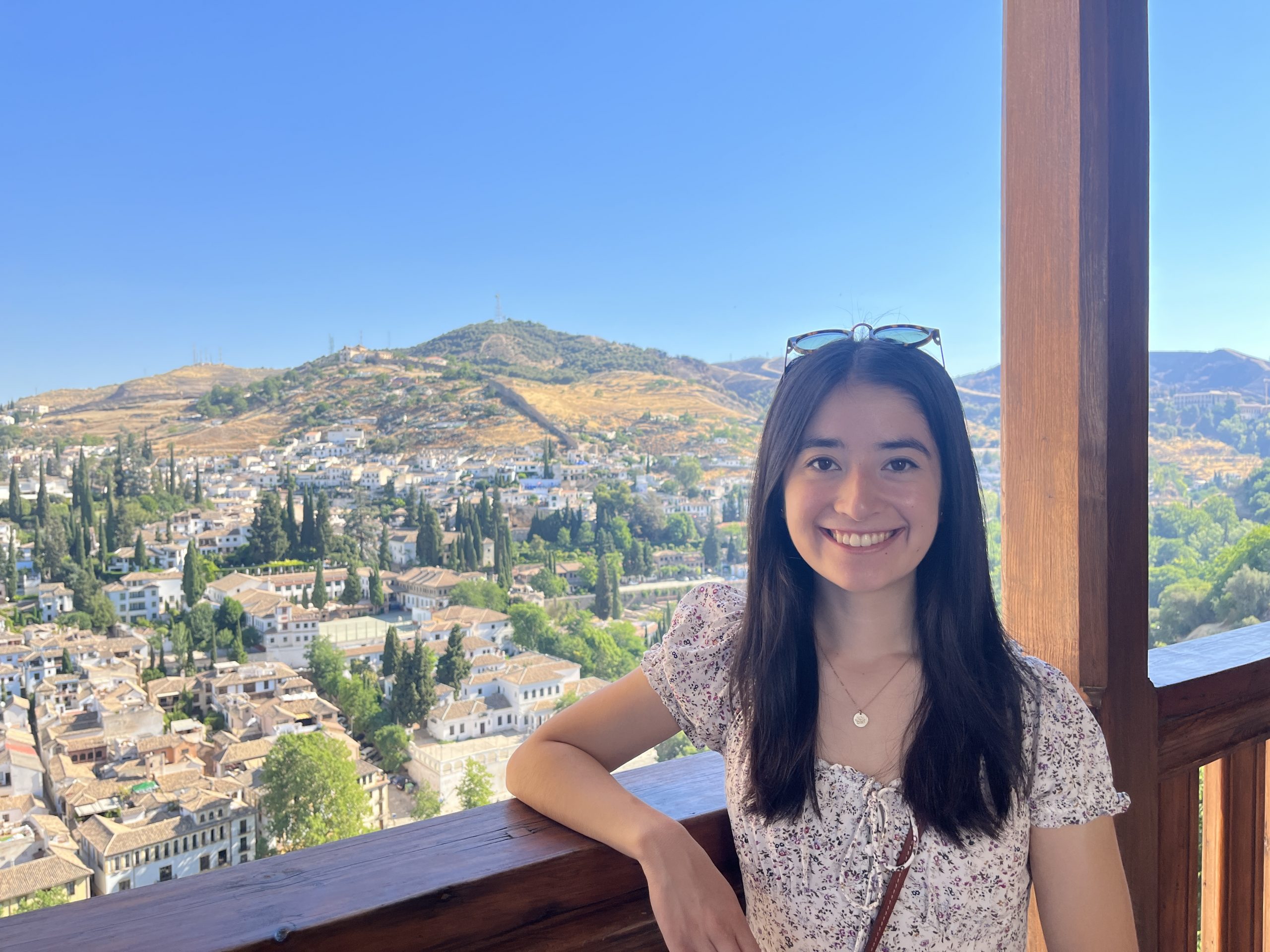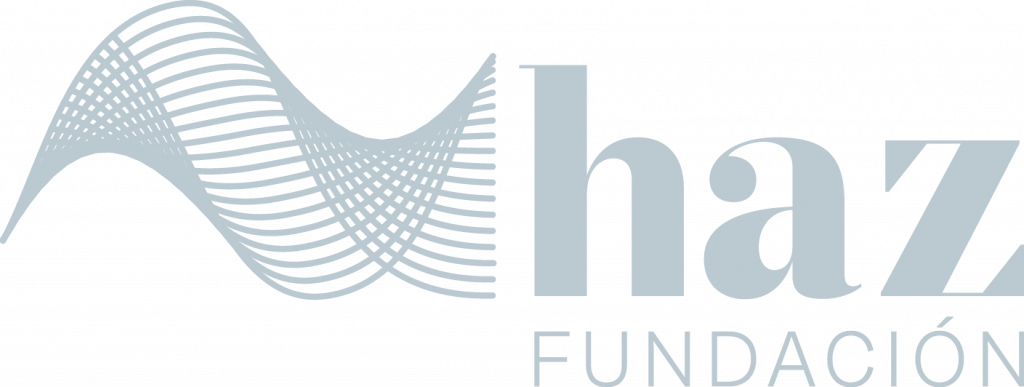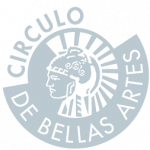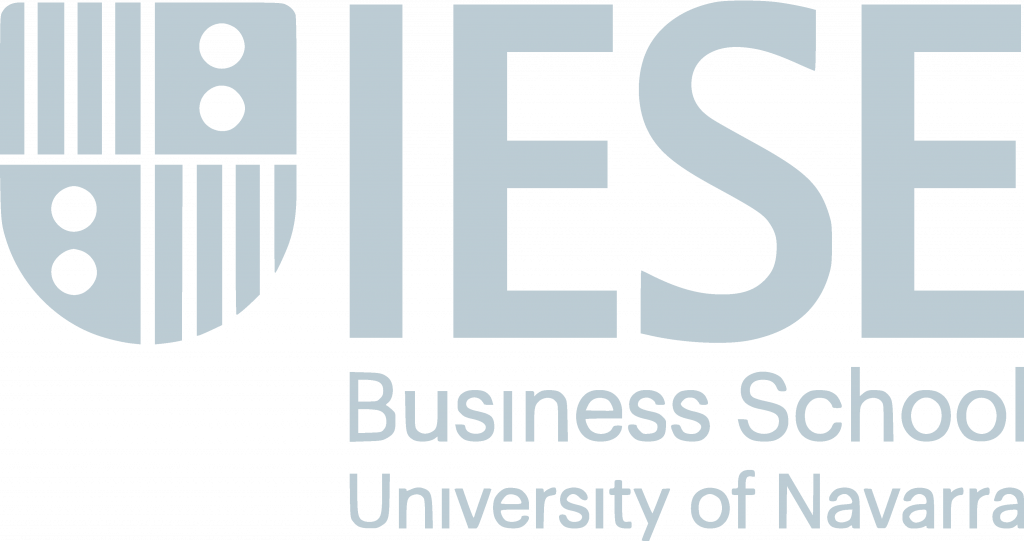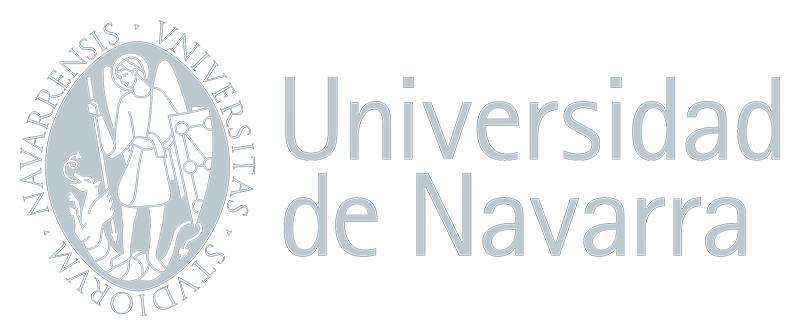My name is Sophie Kim, and this summer I have had the pleasure of serving as a research fellow with Ethosfera. Writing from Madrid, I am a long way from home. I grew up in New Hampshire, USA, and in the fall I will enter my final year as an undergraduate at Harvard University, where I study linguistics with a secondary (i.e., minor) in Spanish. I began the summer eager for new experiences, both working with Ethosfera and living in Madrid. As my time with Ethosfera comes to an end, I am grateful for everything I have learned over the past two months as a research fellow in this wonderful city.
My Work at Ethosfera
What intrigued me most when I first started learning about Ethosfera was its clear philosophical grounding. I was drawn to the idea that a think tank could confront modern issues of technology and democracy by turning to liberal humanism and moral and ethical reasoning. As I read more about Ethosfera and spoke with Elena Herrero-Beaumont, Director, and Diego Garrocho, President of the Academic Board, I could tell that Ethosfera was an organization with a deep sense of ambitious hope. Living in the United States, I think it is easy to pick up on the resigned feeling that our politics are polarized beyond repair. I was excited that Ethosfera was fighting that resignation by working to bring people together in new spaces on the basis of our shared humanity, good nature, and desire to better our communities, countries, and world. I came to be a research fellow at Ethosfera because I wanted to contribute to that work and to learn from those most involved in it.
I spent the vast majority of my time with Ethosfera working on a project with the Media Observatory, which is a collaborative initiative between Ethosfera and Fundación Haz that focuses on promoting transparency and better governance among media companies. The Media Observatory seeks to build media companies’ credibility and trust among audiences, recognizing that an independent, honorable, and trusted press is essential for a well-functioning democracy. I was especially glad to work on a project related to the media because of my interest in journalism; I am a photographer with Harvard’s student newspaper the Harvard Crimson, and last summer I helped produce podcasts with the Chilean radio station Radio Cooperativa.
My task with the Media Observatory was to investigate the transparency and governance practices of media companies in the United States and then write a report on my findings. This work was an extension of similar research that the Media Observatory had already done about media companies in Spain. I applied the Media Observatory’s methodology to create a sample of companies and then scored them on various indicators related to their transparency and governance practices. Through the process of studying the Media Observatory’s previous reports, I became much more familiar with the Spanish media market. Through my own research, I came to understand American media companies more deeply than I previously had as just a consumer of the end-product news.
Since the process of writing the report was very independent, I valued the times when I was able to come together with others to discuss my work. The weekly meetings of the Media Observatory team throughout the summer were especially helpful; I got the chance to talk through specific questions about our indicators or the media companies’ practices with Elena, Javier Martín Cavanna, the Director of Fundación Haz, and Sofía Prado Arenzana, a research fellow at Fundación Haz writing a report on the French media market. At the end of the summer, I was lucky enough to have the opportunity to hear representatives from some of Spain’s biggest media companies discuss the issues I had been researching. It was the perfect capstone to my summer with the Media Observatory.
Outside of the Media Observatory, I had a great time getting to know the other areas of Ethosfera’s work. At meetings with Elena and Diego, I typically got a whirlwind summary of Ethosfera’s many active projects. Since I generally felt quite busy throughout the summer with my report on U.S. media companies, I was impressed by how many agenda items and events they managed to juggle each week.
I especially enjoyed when there was something on the schedule at the Círculo de Bellas Artes, Ethosfera’s institutional partner. I had my first opportunity to attend an event at the Círculo my very first week as a fellow, when Ethosfera presented the report Cinco debates desde la ética para el futuro de España (Five Debates From Ethics for the Future of Spain). It was great to listen to the speakers and get to talk afterwards with other attendees. That event was a highlight of my experience with Ethosfera, along with the other times I got to return to the Círculo. I even visited in my free time, once to take my parents to lunch and another time to enjoy the amazing views from the rooftop. The building is beautiful, and the wide range of work that the Círculo does to support the arts and other cultural initiatives is admirable. I will look back fondly on the time I got to spend there.
The University Experience
When there was no event to attend at the Círculo de Bellas Artes, I had the opportunity to work at the Universidad Autónoma de Madrid, Ethosfera’s academic partner. My commute from the center of the city to the Autónoma was a bit long, but the beautiful campus helped make up for it. It was refreshing to arrive at Cantoblanco station on the train and see trees, grass, and pedestrian walkways without a car in sight. It reminded me of American college campuses outside of the city: green and peaceful.
Despite the prevailing serenity, at times it was also quite busy, which surprised me to see during the summer. There were days when, as I went to work in either the humanities library or the Faculty of Philosophy and Letters, I saw crowds of young people walking the halls, ordering lunch in the cafeteria, or passing time outside. I was surprised to learn that some college students were still on campus for final exams when I arrived at the beginning of the summer, and that on certain days younger students were there for their exams to enter college this coming fall. In the United States, final exams for undergraduates usually end in May; meanwhile, by that time students graduating high school and entering college in the fall will have had their test scores in hand for months, perhaps more than a year, and will typically already know what school they will attend.
There were other surprises at the Autónoma, but none better, I think, than the cafeteria of the Faculty of Philosophy and Letters. The cafeteria, unlike Harvard’s dining halls and cafés, was essentially a full-service restaurant, and it always offered a delicious and affordable menu of the day. The fact that the Faculty of Philosophy and Letters has its own cafeteria reflects the independence of each specialized faculty at Spanish universities. At Harvard, the structure of the university is different; there are professional schools, such as the Law School, and then there is the Faculty of Arts and Sciences, which is expansive and broken down into smaller divisions and departments, such as Linguistics, Mathematics, and Economics.
In addition to what I learned working at the Autónoma, I became more familiar with the Spanish university experience living at the residences of the Universidad Complutense de Madrid. These residences, the Colegios Mayores, remind me a bit of Harvard’s residential houses. At Harvard, students live in the same residential house for their second, third, and fourth years. Like the Colegio Mayor where I lived this summer, the houses at Harvard each have their own dining hall, social spaces, library, and exercise facilities. There is also a similar sense of community and social life in both places; students gather to eat meals together, talk about school, and do activities. In my short time staying at the Complutense, I made some great friends who were mostly there over the summer to finish their exams or master’s theses.
Life in Spain
Between making friends from Spain and Latin America at my residence, working with Ethosfera, and living in Madrid, I have had a more intense language immersion experience than ever before in my life. Although I have studied Spanish for over ten years in the United States, before this summer I had never lived in a Spanish-speaking country. Over the past two months, I have loved getting to practice my Spanish constantly and in all sorts of contexts. At times it felt like my Spanish classes in the United States, though always interesting, prepared me more to talk about Spanish literature and art history than to ask basic questions at the store. Being in Spain, I have gotten better at communicating in a wide range of situations (though I am still humbled, frequently).
My stay in Madrid, in addition to being an immersive language experience, was also a wonderful introduction to a new place. I had an amazing time exploring the city, which was very easy and inexpensive to navigate with the public transportation system. I visited many of the most popular attractions when I had time at night or on the weekends, and I especially loved the Reina Sofia Museum, the Sorolla Museum, and the Royal Botanic Garden. My overall impression of Madrid is that it is a lovely combination of urban and charming; although the city always felt bustling and alive, there were also plenty of old, beautiful streets to admire.
I also had the chance to visit Barcelona, Sevilla, and Granada on short weekend trips, and I enjoyed getting to see the different characters of each city. Granada may have been my favorite; the Alhambra was just as stunning as I had heard, and I loved how walkable the city was. I look forward to returning to Spain so that I can visit even more places.
As I prepare to say goodbye to Spain for now, I feel like I am leaving just as I have started to get settled in. When I first arrived, I experienced a bit of culture shock, mostly due to small things like eating dinner at 9:30 p.m. instead of 5:30 p.m., or not knowing whether I was supposed to seat myself at a restaurant or wait for a host, as is typical in the United States. Now that I have become accustomed to the little cultural differences, it feels bittersweet to leave so soon. I will have to remember the things I have learned for when I return.
Final Reflections
Looking back on my summer, I feel extremely grateful for the opportunity I have had to do meaningful work with Ethosfera while getting to experience life in Madrid. I extend my sincere thanks to Elena and Diego at Ethosfera for welcoming me into the organization and being great mentors, and to the Center for European Studies and the Real Colegio Complutense at Harvard for their support.
Above all, I will remember my fellowship with Ethosfera as a special time before a big transition in my life. As I prepare to finish my undergraduate degree and decide what comes next, I hope that in my future career, like this summer, I will be able to work on timely topics with excited, ambitious people.

